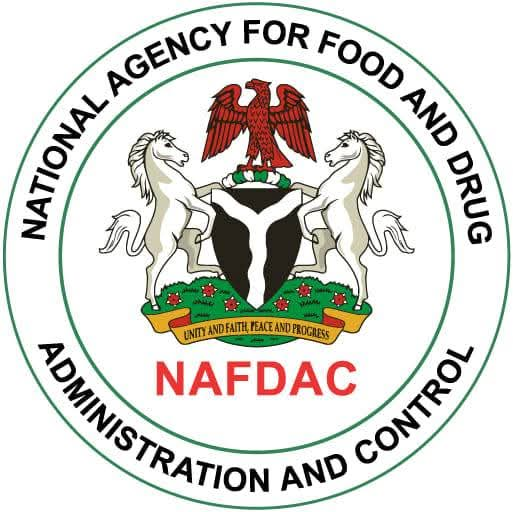Pharmacists have voiced concerns over the alarming quantity of counterfeit drugs circulating in Nigeria, citing the country’s porous borders as a significant factor contributing to the problem.
Although agencies responsible for safeguarding the nation’s borders and ensuring access to quality medicines are making efforts, experts argue that stronger actions are needed to eliminate fake drugs from the market.
The warning follows the recent announcement by the National Agency for Food and Drug Administration and Control (NAFDAC), which revealed the seizure of 87 truckloads of banned, expired, and substandard drugs, valued at over N1 trillion. This operation took place across three major drug markets in the country—Ariaria and Eziukwu in Aba, Bridge Head Market in Onitsha, and Idumota in Lagos.
NAFDAC Director-General, Prof. Mojisola Adeyeye, called this the agency’s largest operation to date, adding that the actual value of the seized drugs may exceed the initial estimate. She noted that over 7,000 shops had been inspected, and more than 40 arrests had been made, with plans for further prosecutions.
However, pharmacists expressed mixed feelings about the achievement, acknowledging the commendable efforts by NAFDAC but stressing the larger, systemic issue. One executive member of the Pharmaceutical Society of Nigeria, speaking on condition of anonymity, pointed out that the current state of border control in Nigeria is allowing counterfeit drugs to enter the country. He explained that expired or non-registered drugs are often repackaged and relabeled at the borders, allowing them to re-enter the market.
“We have customs controls in place, but we are paying the price for the system’s flaws,” the pharmacist stated. “Drugs that are expired, substandard, or otherwise suspended should not be able to enter our borders.”
He also pointed out that drug sales are not limited to licensed pharmacists, and non-professionals involved in drug sales are often motivated by profit, allowing fake drugs to infiltrate the market. Strengthening regulations and enforcing proper distribution channels could help minimize the prevalence of counterfeit medicines.
“There are national drug distribution systems that pharmacists champion, and if these systems are properly followed, fake drugs would be significantly reduced,” the expert emphasized. “But right now, we need to enforce the laws strictly, including eliminating drug sales in open markets and tightening border security.”
Despite concerns over the presence of counterfeit drugs, the pharmacist reassured the public that genuine, effective medications outnumber fake ones, and Nigerians need not panic.
Olumide Obube, Vice Chairman of the Pharmaceutical Society of Nigeria in Ogun State, echoed similar concerns, attributing the proliferation of counterfeit drugs to weak enforcement, porous borders, and poor surveillance systems. He expressed that, while NAFDAC’s seizures are a step in the right direction, they are not enough to address the deeper issues driving the counterfeit drug trade.
“We are heavily reliant on imported medicines, which makes our supply chain vulnerable to counterfeiters. Weak pharmaceutical manufacturing policies also hinder the production of affordable, high-quality local drugs,” Obube said. He added that continued seizures, while helpful, are temporary solutions. A more holistic approach is needed to tackle the root causes of drug counterfeiting and ensure the long-term safety of the public.
Obube also acknowledged the risks posed by possible corruption and weak regulatory oversight, which could allow seized counterfeit drugs to re-enter circulation. He emphasized the need for systemic reform to ensure that only safe, effective medicines reach consumers.
The pharmacists concluded that stronger regulations, more effective border controls, and a crackdown on open market drug sales are essential to curbing the issue of counterfeit drugs in Nigeria. They urge the government to prioritize these areas to protect the health of the nation.

